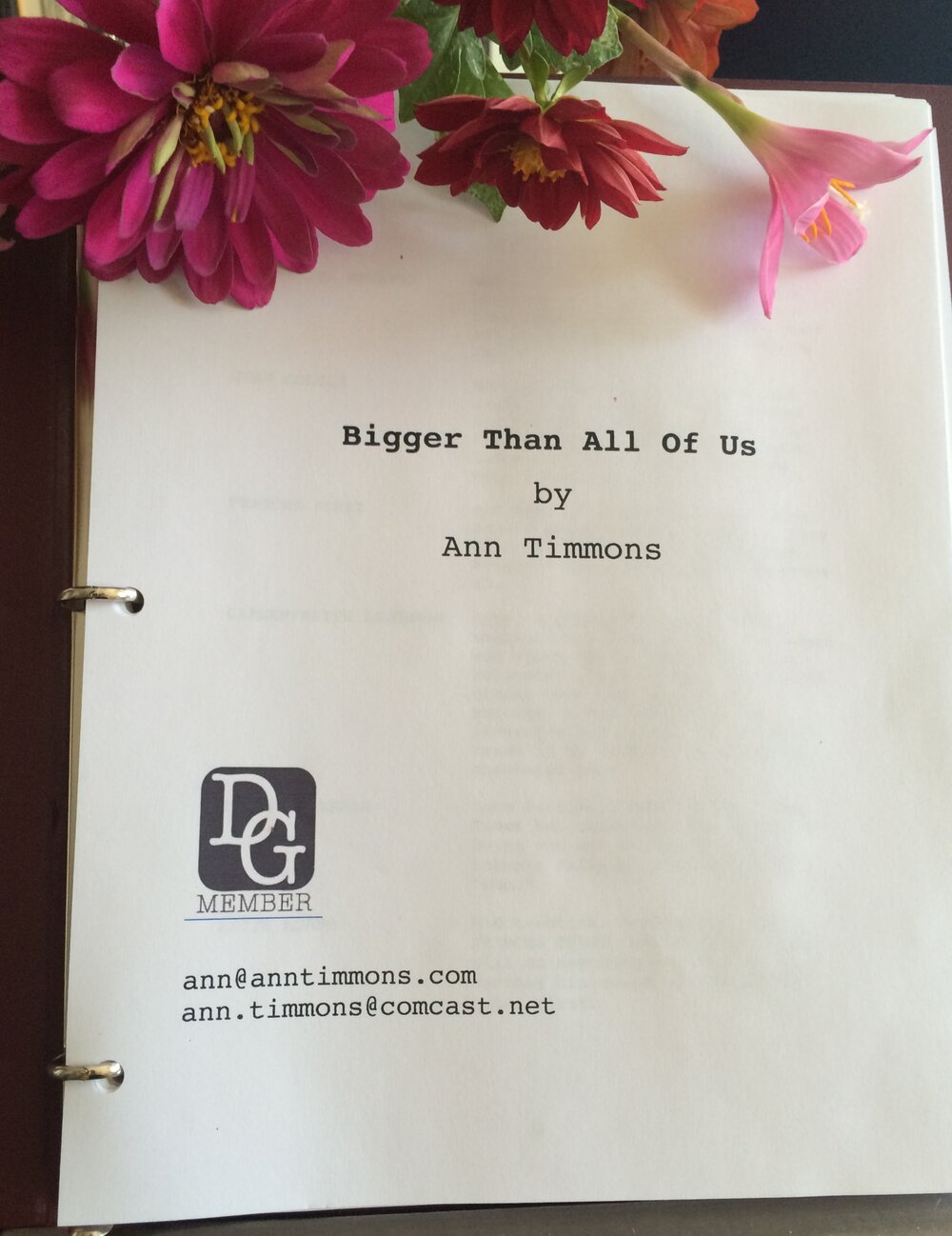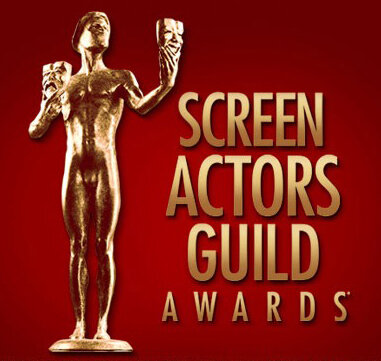 Last month I blogged about the importance of finding and using your own professional tone of voice. With everyone. All the time. I heard from several friends and colleagues that this is challenging, particularly at rigidly hierarchical workplaces. It seems they work with some people who self-identify as being "on top" who exhibit the boorish behavior of "talking down" to those below them in the org chart. And I reiterate: don't do it.
Last month I blogged about the importance of finding and using your own professional tone of voice. With everyone. All the time. I heard from several friends and colleagues that this is challenging, particularly at rigidly hierarchical workplaces. It seems they work with some people who self-identify as being "on top" who exhibit the boorish behavior of "talking down" to those below them in the org chart. And I reiterate: don't do it.
One of my friends read my blog and brought up a related topic. She said my discussion of professional tone reminded her of an old habit: emulating the tone of whoever she was talking to. I have noticed many people do this, and it is often a hard habit to break! Because it is something that we can all slip into, unconsciously, as a way of reaching out and connecting with others. This phenomenon has been studied quiet a bit: researchers call it communications accommodation theory. I looked up some academic papers to see if I could find a succinct definition, but the best one I found was in Wikipedia (and it seems pretty accurate): communication accommodation theory (CAT) was developed by Howard Giles. It posits that "when people interact they adjust their speech, their vocal patterns and their gestures, to accommodate to others". There is more to unpack here, but the gist of it is that we do this (intentionally or not) to fit in. A couple of studies that came out in psychological journals in 2010, "Alignment to Visual Speech Information" (Miller et al.), and "Imitation Improves Language Comprehension" (Adank et al.) note that this tendency often gets carried even further. They say their studies have demonstrated it is easier to understand a foreign accent if we mimic it ourselves. Of course there are disclaimers accompanying discussions of these studies: "don't try this at home!"
Research has shown we naturally gravitate to emulation or imitation of tone, even accent. But we are advised against giving into this impulse wholeheartedly. The reasoning seems to be that it could be taken as mockery of the speaker, and therefore offensive. While this may be true, it focuses too much on others' perception of you. I prefer to look at this as something you need to control because it will directly benefit you. Because when you are imitating someone else, even with noblest of intentions or instincts, you are not speaking in your own voice. You become a reflection of the person you are speaking to. For a few professionals this is desirable, and they engage in this practice intentionally. But for the rest of us? You can see that this could become one big loop of imitation, like speaking in a room full of mirrors. Which raises the question: how does a new voice get heard? How are new thoughts expressed?
Before you know it, your very honest, well-intentioned imitation has created, literally, an echo chamber of communications. This could lead to some pretty bad outcomes—much more serious than just offending someone with a bad accent. So find your voice. And use it.
****************************
Artwork:
Trees that Bring Wealth and Prosperity: Beauty
by Utagawa Hiroshige Utagawa Hiroshige
courtesy Arthur M. Sackler Gallery




















